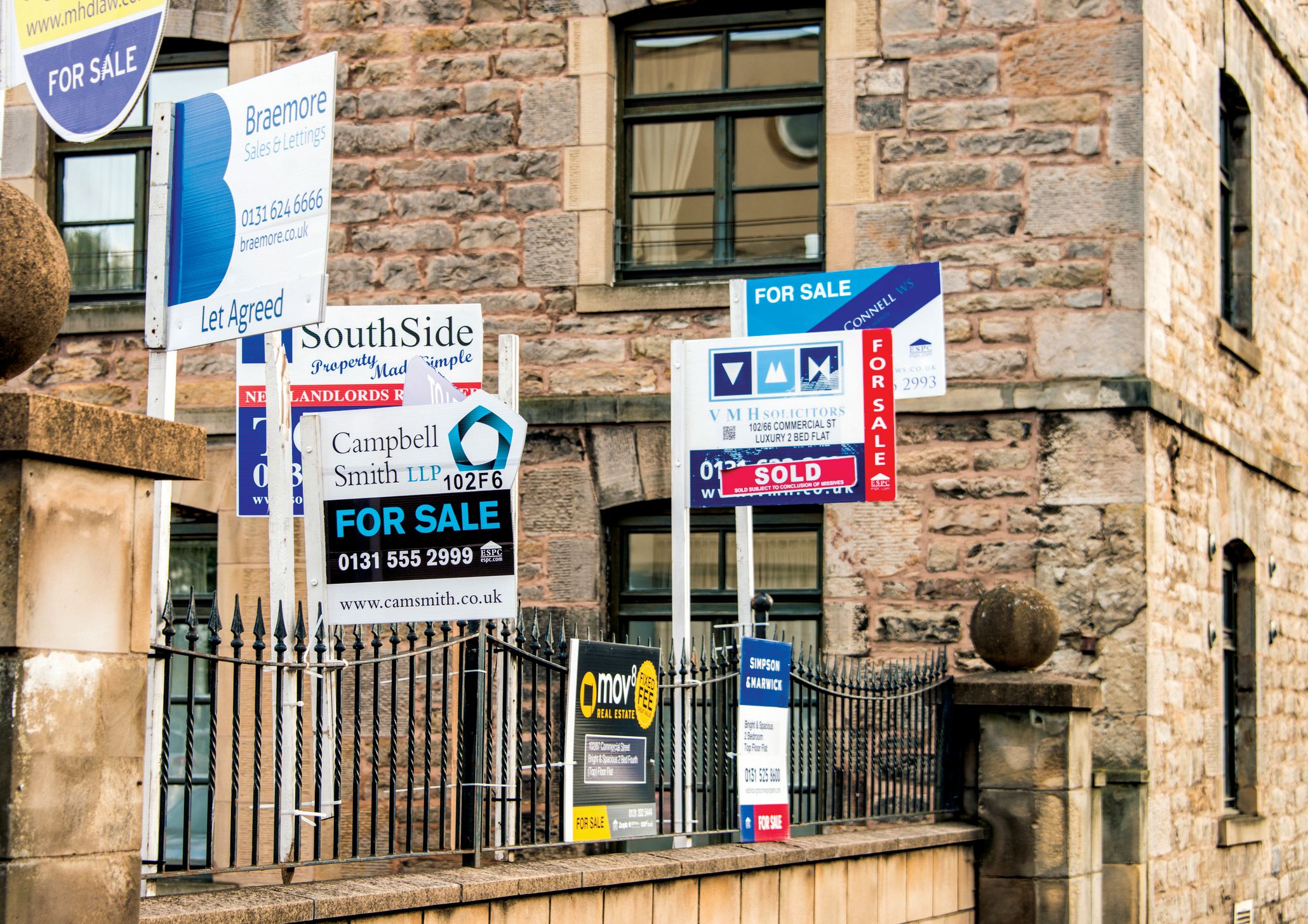
House prices rose 2.1% in the month to April, the biggest monthly rise since February 2004, the latest Nationwide House Price Index has revealed.
Annually, house prices also increased, climbing 7.1% in the year to April, up from an annual rise of 5.7% seen in March.
The average house price in the UK is currently £238,831, up £15,916 in the last 12 months.
The index states that annual growth will reach double digits in June, if prices are flat in the next two months.
Nationwide’s chief economist Robert Gardner says: “In month-on-month terms, house prices rose by 2.1% in April, after taking account of seasonal effects, the biggest month rise since February 2004. Just as expectations of the end of the stamp duty holiday led to a slowdown in house price growth in March, so the extension of the stamp duty holiday in the Budget prompted a reacceleration in April. “However, our research suggests that while the stamp duty holiday is impacting the timing of housing transactions, for most people it is not the key motivating factor prompting them to move in the first place.
“Housing market activity is likely to remain fairly buoyant over the next six months as a result of the stamp duty extension and additional support for the labour market included in the Budget, especially given continued low borrowing costs and with many people still motivated to move as a result of changing housing preferences in the wake of the pandemic.
“With the stock of homes on the market relatively constrained, there is scope for annual house price growth to accelerate further in the coming months, especially given the low base for comparison in early summer last year. Indeed, if house prices remain flat in month-on-month terms over the next two months, the annual rate of growth will reach double digits in June.”
Fine and Country managing director Nicky Stevenson says: “There’s no deception in the numbers induced by the pandemic because, when the crisis erupted last year, house price behaviour didn’t really change direction until May. That means this current annual rate of growth is not yet being flattered by the uncertainty of last spring and any dip in growth or valuations.
“It is what it says on the tin, a red hot seller’s market that is going to continue to feel the effects of a hunger for more space, low rates and the looming end of Covid restrictions. Numbers like this won’t last forever but the market may not begin to unwind until the busy summer season is out of the way.”
Trussle head of mortgages Miles Robinson says: “Buyers need to be cautious about jumping at a purchase in order to save on stamp duty. There’s evidence to suggest that huge demand coupled with a shortage of homes on the market has greatly inflated prices. Therefore, buyers could be saving on stamp duty only to overpay on the overall price of a property.
In addition, it’s highly likely that the vast majority of people starting their property purchase now will fail to meet the 30th June deadline. This is because it currently takes 171 days to complete on a property in the UK. We’d advise buyers to factor the potential stamp duty costs into their purchase by using a stamp duty calculator just in case they miss the deadline.”



